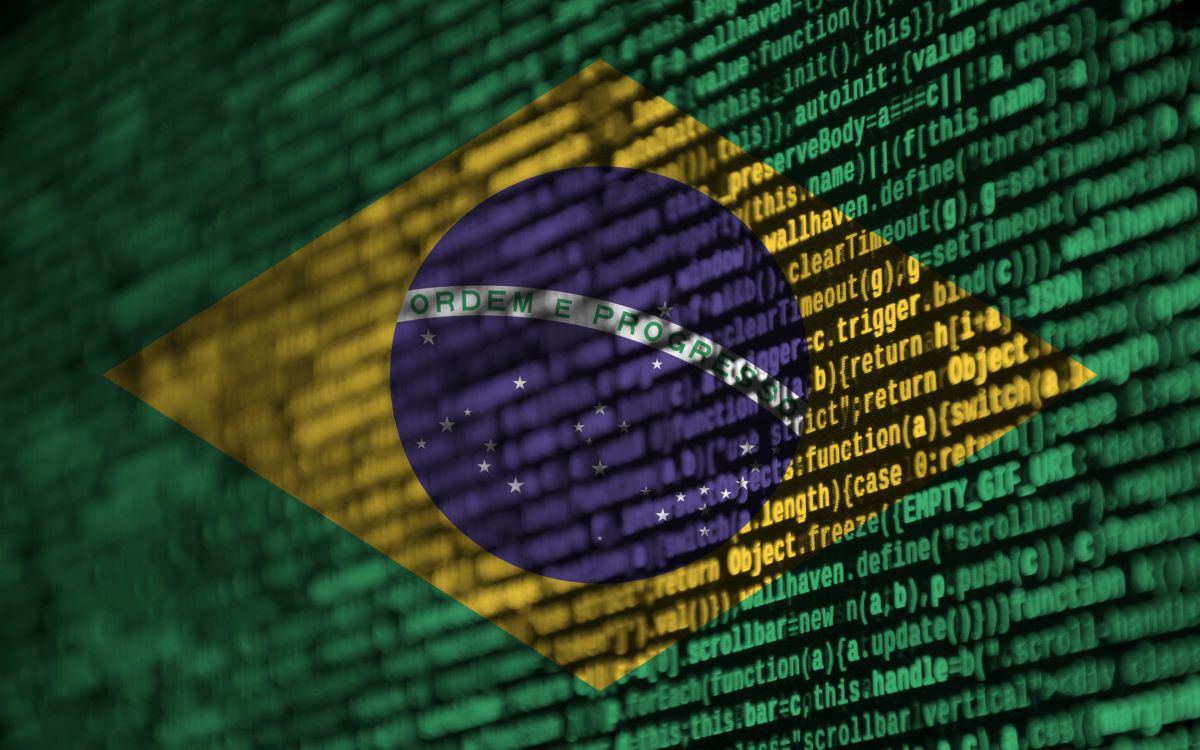- Brazil’s Central Bank is advancing stablecoin regulations, potentially requiring licenses for exchanges offering stablecoin services.
- The proposed Bitcoin reserve initiative could transform Brazil’s approach to digital assets, emphasizing secure storage and transparency.
The Central Bank of Brazil (BCB) is actively developing its regulatory framework for digital assets, with a concentration on stablecoins. Recently, the BCB presented a plan to enhance control over stablecoin-related operations within the nation.
This plan includes discussions about potentially restricting centralized exchanges from allowing consumers to withdraw stablecoins to self-custody wallets. These interactions might also be necessary to obtain foreign exchange permits allowing for stablecoin-based service offerings.
These ideas indicate a major change in Brazil’s approach to handling digital asset transactions, even if they are still under discussion.
Brazil’s Comprehensive Strategy to Regulate Stablecoin and Crypto Transactions
The efforts at regulations are not wholly fresh. The BCB revealed earlier this year its intentions to establish thorough guidelines for stablecoins, especially those applied in foreign exchange and payments.
These steps seek to allay worries regarding adherence to anti-money laundering (AML) rules, fraud avoidance, and investor protection. The central bank’s goal is to create a structure that supports innovation in the digital asset industry while nevertheless ensuring security and openness.
Moreover, Roberto Campos Neto, the Central Bank President, lately said that these rules should start to effect in 2025. The chronology shows Brazil’s will to use a deliberate and informed strategy to control digital assets.
The BCB is also examining the requirements for stablecoin issuers involved in cross-border transactions and the need for foreign exchange permits for cryptocurrency exchanges. Although such criteria are still under development, their inclusion in current debates emphasizes Brazil’s will to establish a strong legal framework.
Ambitious projects aligning with these legislative efforts position Brazil as a leader in the digital asset area. As previously reported by CNF, Brazil has proposed innovative laws to establish a strategic Bitcoin reserve, thereby altering the nation’s economic strategy towards digital assets.
With the Central Bank overseeing acquisitions through safe “cold wallets” and offering biannual reporting, the $3 billion Bitcoin effort seeks to diversify national reserves.





















